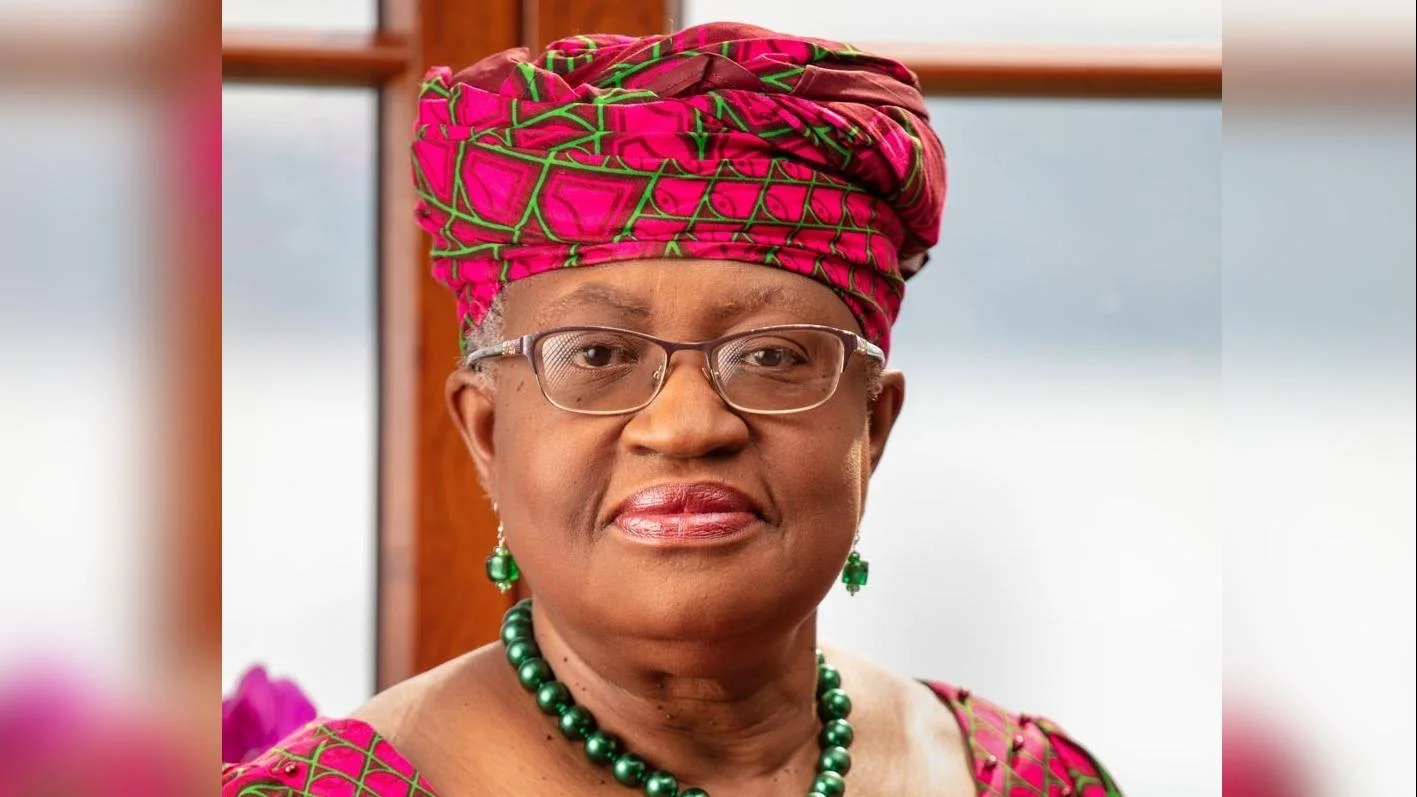A roundtable discussion on low-carbon hydrogen emphasized the importance of global cooperation to leverage renewable resources and advance sustainability. WTO Deputy Director-General Jean-Marie Paugam highlighted the role of trade in connecting regions rich in renewable resources with areas of high demand. “Trade can act as a bridge, linking regions rich in renewable resources with areas of high demand. We have been told that it offers a unique opportunity for developing economies to leverage their green comparative advantage, tapping into their vast renewable resources and advancing sustainability in all its dimensions,” he said.
Paugam also stressed the need to avoid market fragmentation and enhance interoperability of standards and certification schemes. “From an international trade perspective, it would be desirable to avoid future fragmentation and ensure that different national approaches can work together. This can only be realized through international cooperation and dialogue,” he added.
The event built on the 2023 report titled “International Trade and Green Hydrogen: Supporting the Global Transition to a Low-Carbon Economy”, co-published by the WTO and the International Renewable Energy Agency (IRENA). Daria Nochevnik of the Hydrogen Council, keynote speaker of the first session, noted that global trade in hydrogen could save up to USD 3.7 trillion in investment costs by 2050.
New trade partnerships in this sector could generate between 7-10 million jobs by 2035, with up to half created in developing economies. Panellists discussed how these economies could benefit from exporting green hydrogen or using it domestically for decarbonization, though access to infrastructure and capital remains a barrier.
Participants called for enhanced international financing mechanisms and capacity-building initiatives to help developing economies meet international certification standards. Panellists included Carmela Pavlic Searle from Australia's Department of Foreign Affairs and Trade; Smeeta Fokeer from the United Nations Industrial Development Organization (UNIDO); Catherine Irura from the Kenya Green Hydrogen Association; and Asmara Klein from Topsoe.
James Walker from IRENA, keynote speaker for the second session, highlighted progress in developing technical requirements for hydrogen markets but emphasized further work needed in derivatives sectors like renewable ammonia and methanol. Industry representatives expressed concerns over differing national standards undermining investor confidence.
Panellists stressed interoperability and mutual recognition of certification systems as crucial for building confidence in hydrogen as a new asset class. They underscored consistency in carbon emissions measurement across markets and alignment on definitions of low-carbon hydrogen. Lessons from past trade issues related to equipment were mentioned as useful for addressing potential barriers within the hydrogen value chain.
Panellists included Kateryna Holzer from the University of Eastern Finland Law School; Laurent Antoni from the International Partnership for Hydrogen and Fuel Cells in the Economy; Warren Merkel from American National Standards Institute National Accreditation Body; Anil Jauhri from India's National Accreditation Board for Certification Bodies; and Zhonglin Bi from China’s Mission to the WTO.
Participants agreed that the WTO could play a pivotal role in aligning standards and ensuring mutual recognition of certification schemes. The discussions will inform ongoing work by the Committee on Trade and Environment.
Aik Hoe Lim, Director of WTO's Trade and Environment Division, concluded by emphasizing “the need for coordination, the need for interoperability and — very importantly — the need for communication.” He announced that WTO is preparing a follow-up report on green hydrogen with IRENA for COP29, focusing on trade's role in advancing derivatives of renewable hydrogen.

